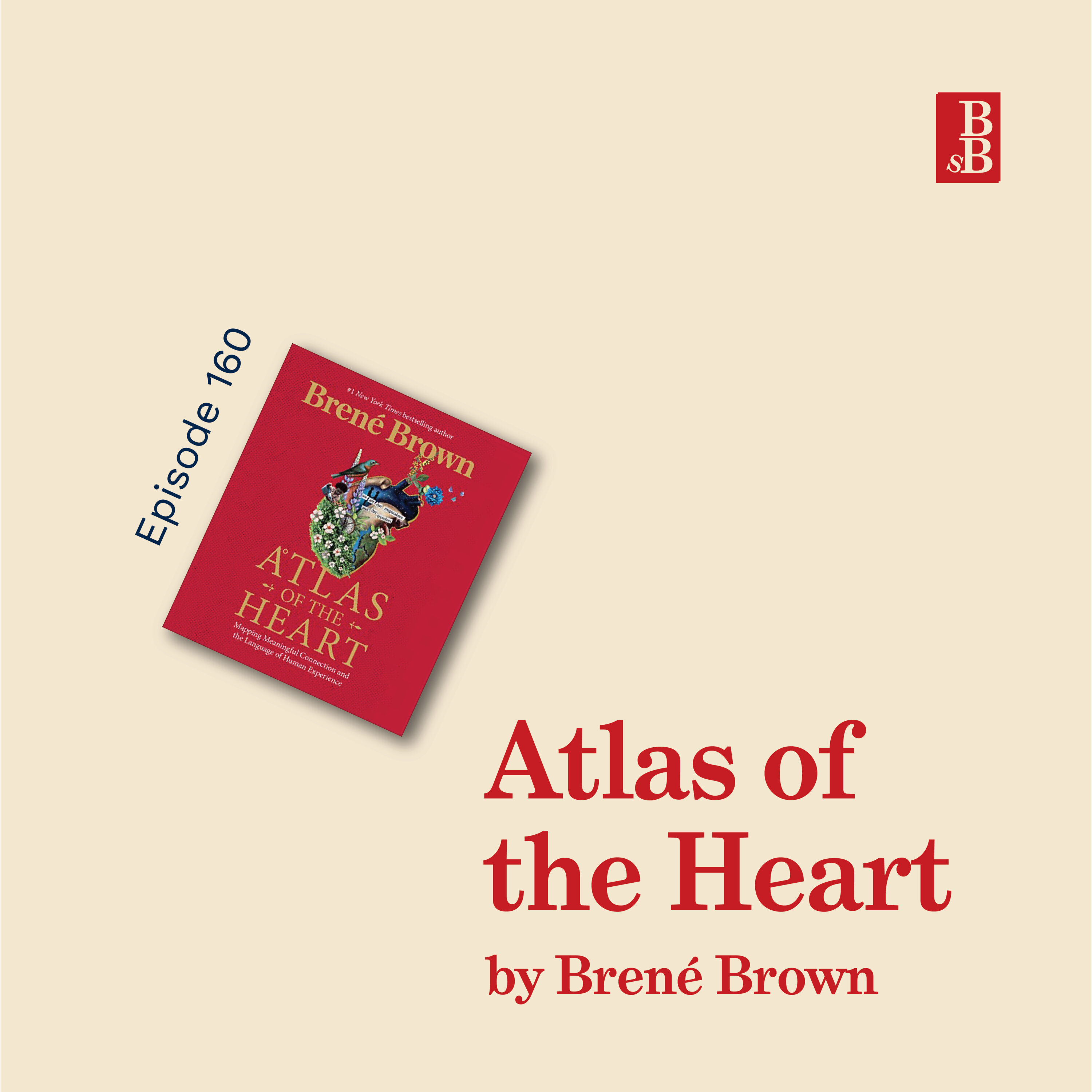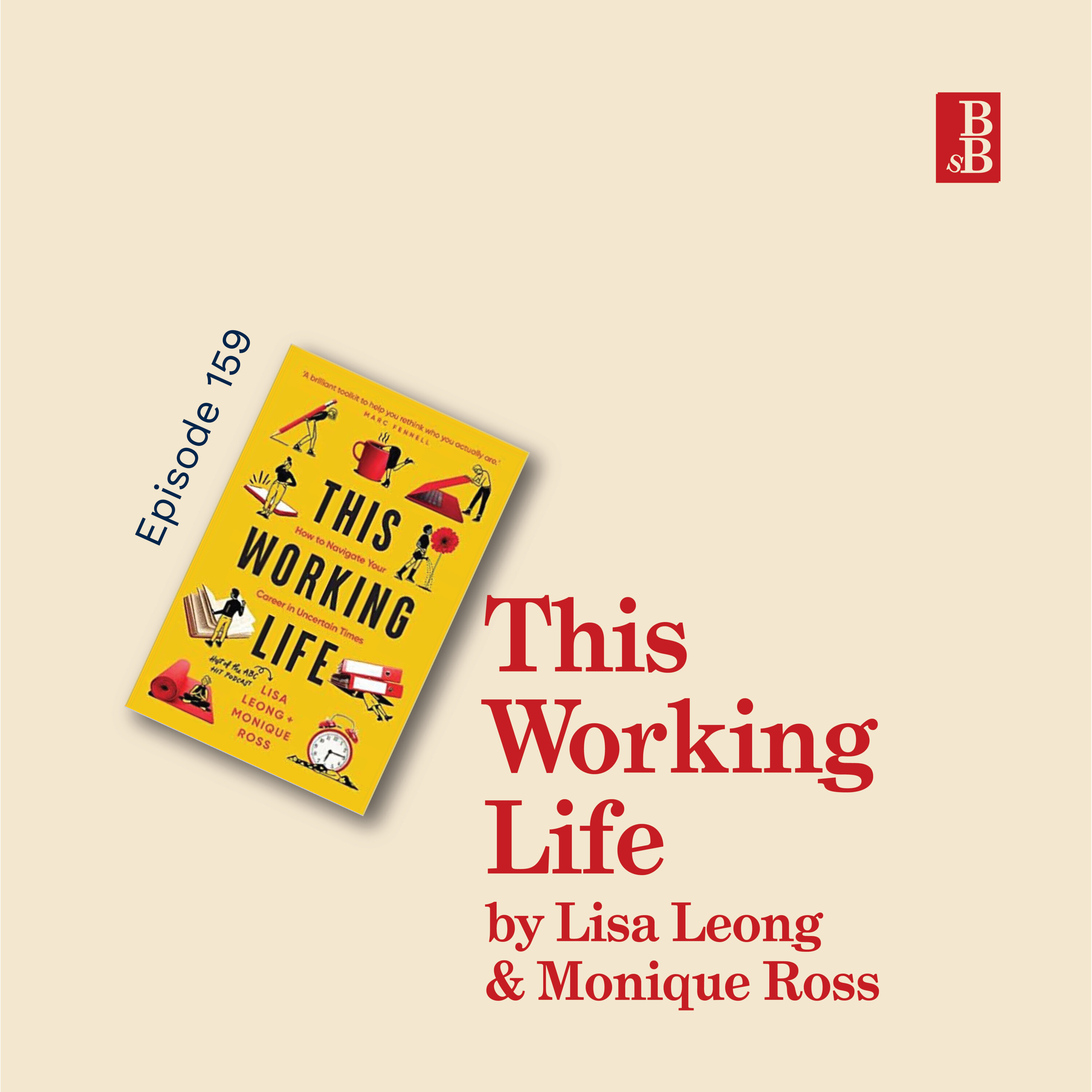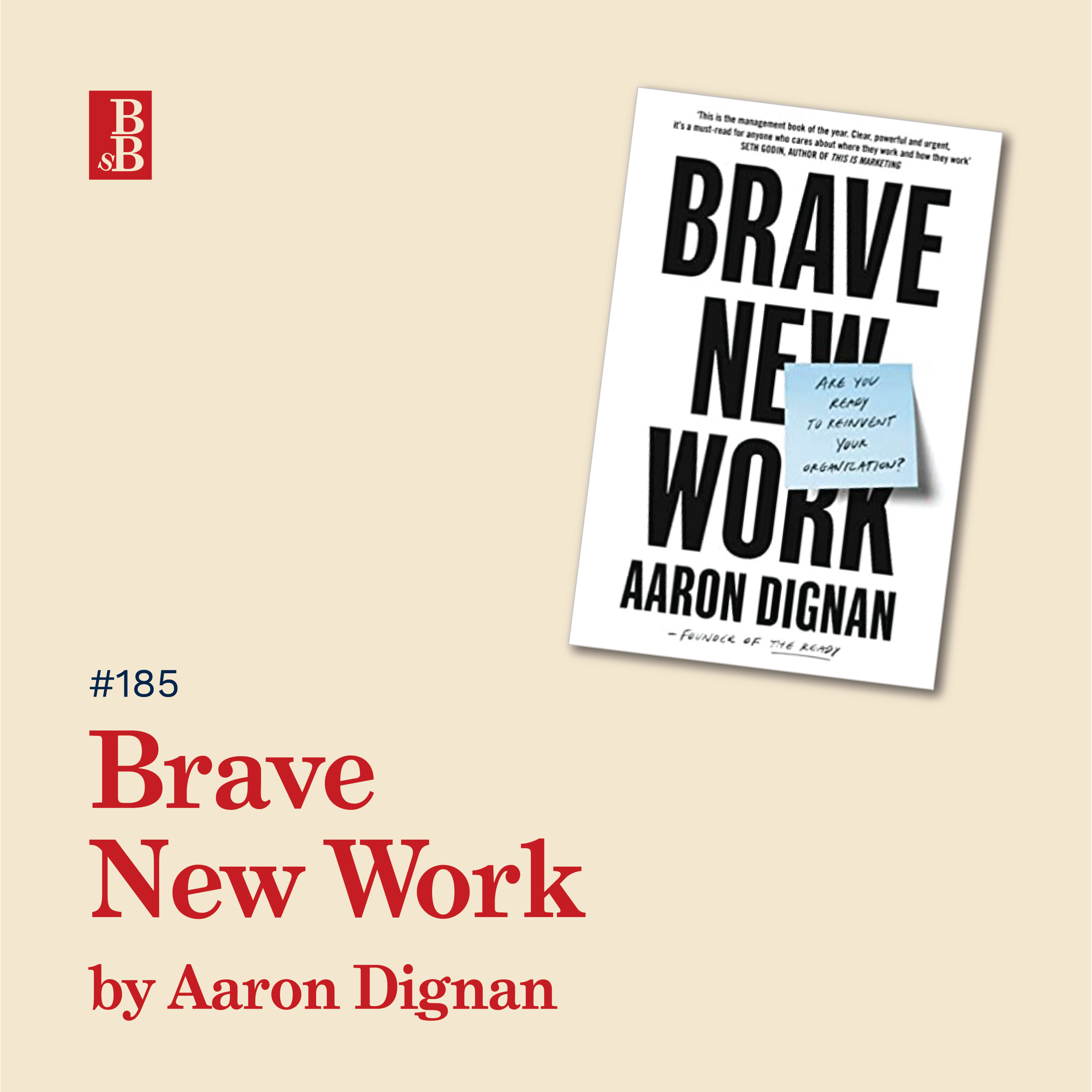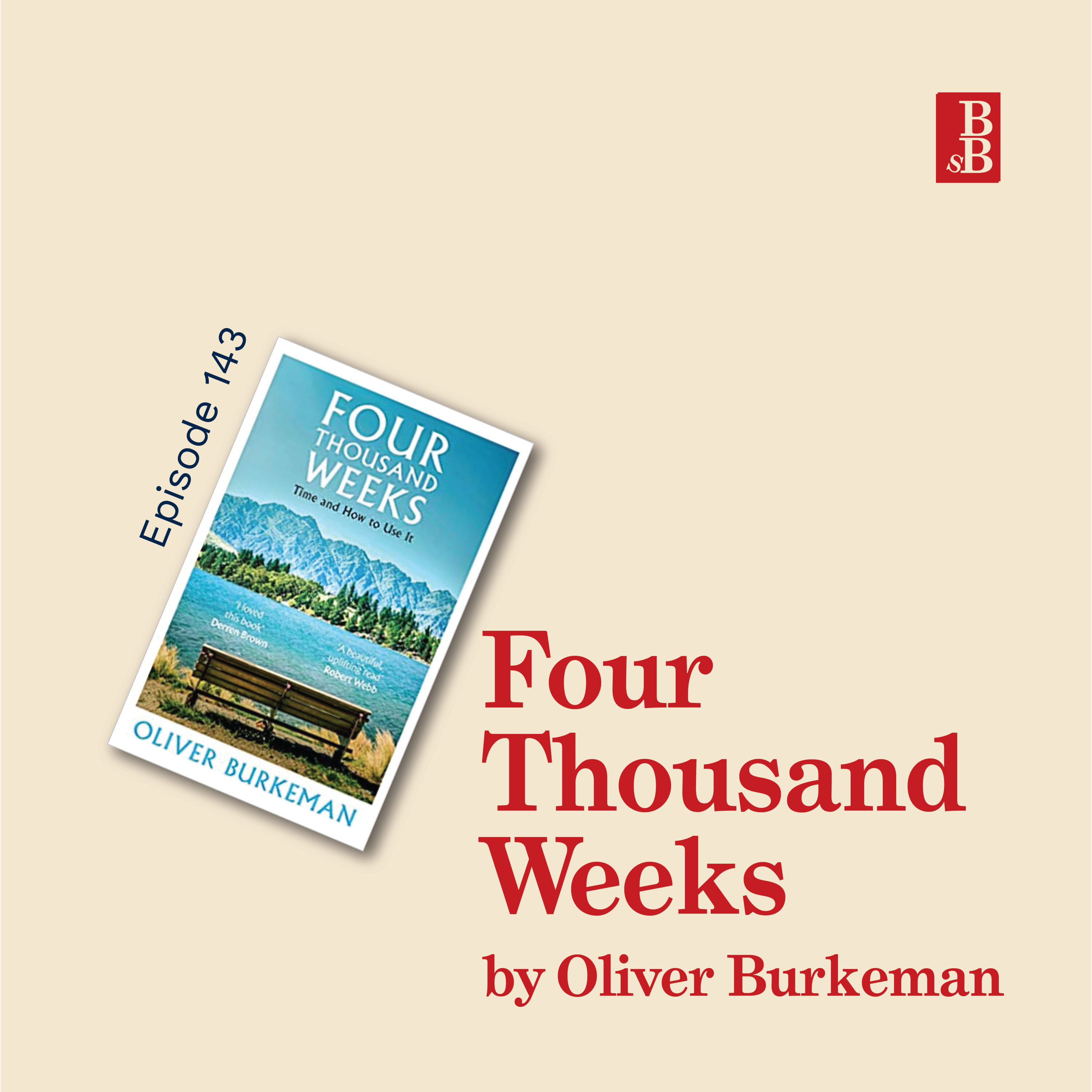Outliers by Malcolm Gladwell: 10,000 hours to success
Sign up to the bookmark newsletter:
https://mailchi.mp/1119b1358a84/thebookmark
About the Author
Malcolm Gladwell has been a staff writer at The New Yorker since 1996. Prior to that, he as a reporter at the Washington Post. Gladwell was born in England and grew up in rural Ontario. He lives in New York.
Source: https://www.gladwellbooks.com/landing-page/about-malcolm-gladwell/
Click here to buy on The Book Depository
https://www.bookdepository.com/Outliers/9780141043029/?a_aid=stephsbookshelf
About the Book
In this stunning new book, Malcolm Gladwell takes us on an intellectual journey through the world of “outliers”–the best and the brightest, the most famous and the most successful. He asks the question: what makes high-achievers different?
His answer is that we pay too much attention to what successful people are like, and too little attention to where they are from: that is, their culture, their family, their generation, and the idiosyncratic experiences of their upbringing. Along the way he explains the secrets of software billionaires, what it takes to be a great soccer player, why Asians are good at math, and what made the Beatles the greatest rock band.
Brilliant and entertaining, Outliers is a landmark work that will simultaneously delight and illuminate.
Source: https://www.gladwellbooks.com/titles/malcolm-gladwell/outliers/9780316040341/
Links
Check out Malcolm’s Revisionist History podcast – http://revisionisthistory.com/
So Good They Can’t Ignore You by Carl Newport
BIG IDEA 1 (4:18) – It’s not talent, It’s your birthday.
We often like the rags to riches stories, but things aren’t that simple even for people who are seemingly self-made. There’s always a series of events, experiences, people and sometimes good timing and a bit of luck.
We need to look at the ecology of what made someone who they are, who influenced them, where they’re from or what culture when they were born.
One of the examples in the book is the top hockey players in Canada are 40% more likely born in January. This is because January 1st is the cut off for the Junior League, so therefore if you are into that Junior League and you are one of the older ones (because you were born almost a year earlier than those who are the younger ones joining that league). Therefore you get more practice, coaching and experience.
The January/February/March kids who make it into those leagues are physically stronger and therefore more likely to get more game-time, practice and coaching. What the book is talking about is if you are born in October and you have the natural ability in sports but you aren’t getting the hours and you are weaker than those who are born in January, February or March then they are more likely to get the top spot.
So even with a little bit of extra talent, being born at the ‘wrong’ time may go against you.
BIG IDEA 2 (7:00) – The 10,000 hours rule.
This idea has been a bit taken out of context since being published and there were criticisms about this rule. The book didn’t say that you must have 10,000 hours to be great at something. But as an example, by the age of 20, the top performing musicians had about 10,000 hours of practice clocked up.
There’s a general rule that achievement = talent + preparation. As experts and psychologists look deeper into this top performers in different fields, they see that it’s the preparation that is much more important than the talent element.
So the 10,000 hours is a concept and a discipline rather than a fast and hard rule number. It’s the intentional practice that counts. So innate talent is quite questionable as even proteges need to practice well to unleash that talent.
The book also mentioned about no direct link about genes and talent, so if your parents are great at maths or music it doesn’t naturally make you better at it too. What actually happens is that those parents know how to practice properly so their kids learn better, earlier and start clocking up better practice hours.
BIG IDEA 3 (9:49) – The Culture Legacy.
This idea is about the effects of where you’re from and what it means later on in life, particularly from a work and skills perspective. For example, in Korea, the culture is very hierarchical. They had a few plane disasters over a couple of decades, largely due to the fact that the first officer would never question the captain because the captain is more senior than them.
This means that even though that first officer saw that a disaster was about to happen, if the captain hadn’t asked them for help, the first officer would just sit there. What they had to do then, was change the culture – firstly by changing the flight crew language to English which actually freed them from their own culture.
There’s also an example of the KIPP school in New York which gives disadvantaged kids more intense school structure. It brings an Asian learning culture to the US by breaking the culture where these kids could easily fall into a different path of living and learning.
The point of the book is this is how success comes. It’s comes from breaking legacies, cultures and bringing different styles and cultures to different parts of the world or industries can create more success.
This idea encourages looking outside of your world. Finding out who does this better and who can I learn more for better success stories. Talent and skills need to be given an opportunity to evolve; whether by challenging or changing a culture, creating more deliberate practice or finding different people to surround yourself with.
Music By: Jell-O - Instrumental Version Song by Egozi
Let’s Connect
LinkedIn: www.linkedin.com/in/steph-clarke
Instagram: @stephsbizbookshelf
Enjoying the show?
Please hit subscribe so you don’t miss an episode and leave a review on iTunes to help others find us.
See omnystudio.com/listener for privacy information.
Hey, have you subscribed to the bookmark newsletter? If you liked this, you might like my twice-monthly email with book reviews and ideas of what you should be reading, and listening to, next. Click here to subscribe.

















